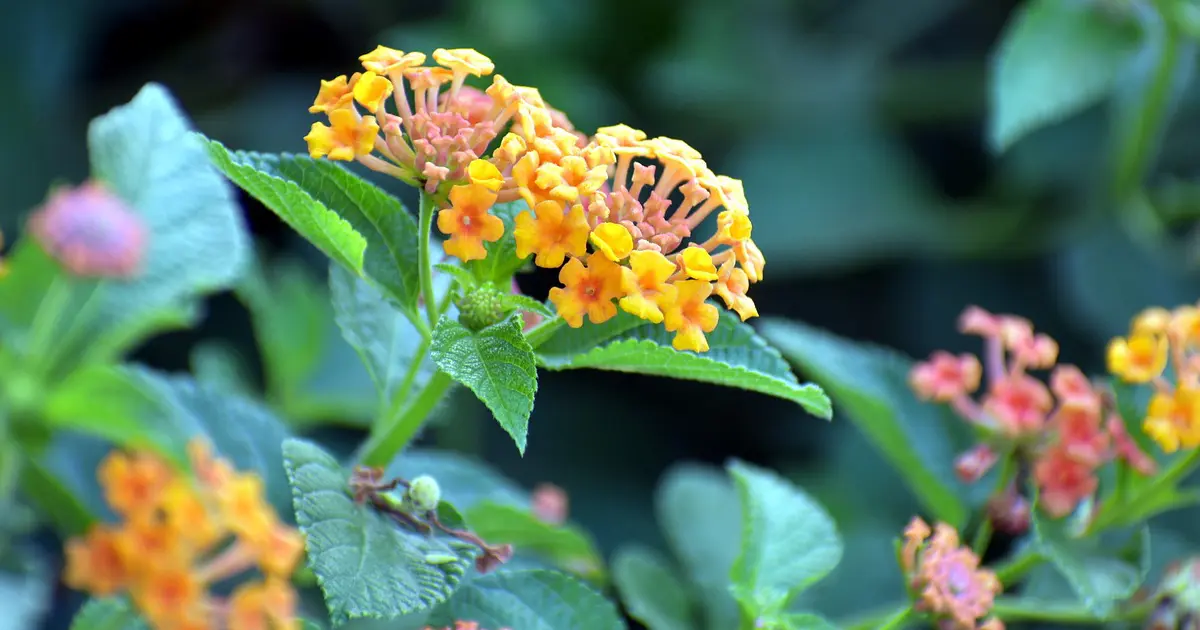Mosquitoes can be a significant nuisance, especially during warm months, leading many homeowners to seek effective solutions. While chemical repellents are widely used, mosquito-repellent plants offer a natural alternative to help keep these pests at bay. In this comprehensive guide, we will explore some of the most effective species of mosquito-repelling plants, their properties, and how to cultivate them in your garden or home.
1. Understanding Mosquito Repellent Plants
Mosquito-repellent plants are botanicals that emit scents or oils that deter mosquitoes and other pests. These plants not only enhance the aesthetic appeal of your garden but also contribute to a healthier outdoor environment. By incorporating these plants into your landscaping, you can create a natural barrier against mosquitoes while enjoying the numerous benefits they provide.
Benefits of Using Mosquito Repellent Plants
- Natural Solution: Unlike chemical repellents, these plants offer an eco-friendly alternative.
- Aromatic Appeal: Many mosquito repellent plants have pleasant fragrances that enhance the atmosphere of your garden.
- Multi-Functional: Some plants can also be used for culinary or medicinal purposes, adding extra value to your garden.
2. Top Mosquito Repellent Plants to Consider
Here, we delve into some of the most effective mosquito repellent plants that you can incorporate into your outdoor or indoor spaces.
2.1. Citronella Grass (Cymbopogon nardus)
Citronella grass is one of the most popular plants known for its mosquito-repelling properties. This clumping grass contains oils that emit a strong scent, effectively masking human scents that attract mosquitoes.
- Growing Conditions: Citronella thrives in warm, humid climates. It prefers well-drained soil and full sunlight.
- Maintenance: Maintenance: Water regularly to maintain moist soil without over-saturating it. Trim the grass periodically to encourage new growth.
2.2. Lavender (Lavandula spp.)
Lavender is not only admired for its beautiful flowers and soothing fragrance, but it also acts as a natural mosquito repellent.
- Aromatic Qualities: The scent of lavender is pleasant for humans but deterring for mosquitoes.
- Care Tips: Lavender prefers well-drained soil and full sunlight. Water sparingly, as it is drought-tolerant once established.
2.3. Marigolds (Tagetes spp.)
Marigolds are bright, cheerful flowers that are known for their ability to repel mosquitoes and other garden pests.
- Compounds: The natural oils in marigolds emit a scent that mosquitoes find unattractive.
- Cultivation: These flowers grow well in full sun and well-drained soil. They require regular watering, especially during dry spells.
2.4. Basil (Ocimum basilicum)
Basil is a versatile herb commonly used in cooking, but it also has mosquito-repelling properties due to its strong scent.
- Varieties: Varieties such as lemon basil and Thai basil are particularly effective against mosquitoes.
- Growing Requirements: Basil thrives in full sun and moist, well-drained soil. Regular pruning encourages bushier growth and stronger scents.
2.5. Rosemary (Rosmarinus officinalis)
Rosemary is another aromatic herb that deters mosquitoes. Its strong scent masks attractants that draw mosquitoes to humans.
- Care Instructions: Rosemary prefers well-drained soil and full sunlight. It is drought-tolerant and needs very little watering once it is established.
2.6. Catnip (Nepeta cataria)
Catnip is renowned for its effect on felines, but it also serves as a potent mosquito repellent.
- Efficacy: Studies show that catnip can be up to ten times more effective than DEET, a common ingredient in chemical repellents.
- Cultivation Tips: Catnip thrives in full sun and well-drained soil. It’s easy to grow and requires little maintenance.
2.7. Lemon Balm (Melissa officinalis)
Lemon balm is a member of the mint family with a citrusy scent that mosquitoes find unappealing.
- Planting Details: It grows well in partial to full sun and moist, well-drained soil. Be aware that lemon balm can spread quickly, so it’s best to plant it in containers.
- Uses: Beyond its mosquito-repelling qualities, lemon balm can be used to make teas and infusions.
2.8. Eucalyptus (Eucalyptus spp.)
Eucalyptus trees and shrubs are known for their aromatic leaves, which contain oil effective against mosquitoes.
- Oil Extraction: The oil derived from eucalyptus leaves is commonly used in commercial mosquito repellents.
- Growing Conditions: Eucalyptus prefers well-drained soil and full sunlight. They require ample space to grow as they can become quite large.
2.9. Peppermint (Mentha piperita)
Peppermint is a popular herb with a strong scent that naturally repels mosquitoes.
- Cultivation: Peppermint prefers moist, well-drained soil and partial shade. It can be grown in pots to control its spread.
- Usage: The leaves can be used for culinary purposes or brewed into tea, adding both flavor and mosquito-repelling benefits.
2.10. Allium (Allium spp.)
Alliums, such as garlic and onions, are effective at deterring mosquitoes due to their strong odors.
- Growing Tips: Alliums prefer full sun and well-drained soil. They require regular watering, especially during dry spells.
- Benefits: Besides repelling mosquitoes, alliums are also excellent for pest control in vegetable gardens.
3. How to Use Mosquito Repellent Plants Effectively
3.1. Planting Strategies
To maximize the effectiveness of mosquito repellent plants, consider planting them in strategic locations throughout your garden or yard:
- Near Entry Points: Plant these species near doors, windows, and patios to create a barrier against mosquitoes.
- In Containers: Growing them in pots allows for easy mobility, so you can place them wherever needed most.
3.2. Harvesting and Using Plant Materials
Many of these plants can be harvested for use in homemade mosquito repellent sprays. For example, you can create a simple spray by steeping crushed leaves in water, straining, and transferring the liquid to a spray bottle.
3.3. Companion Planting
Incorporating mosquito repellent plants alongside vegetables and flowers can help protect your garden from pests while providing a natural, attractive aesthetic.
4. Additional Tips for Mosquito Control
While planting mosquito repellent plants is an effective strategy, combining these efforts with other mosquito control measures can enhance your results:
- Eliminate Standing Water: Mosquitoes breed in stagnant water, so regularly check your yard for any standing water and eliminate it.
- Use Natural Predators: Encourage birds and bats to visit your garden, as they feed on mosquitoes.
- Regular Maintenance: Keep your garden tidy and well-maintained to reduce hiding spots for mosquitoes.
5. Conclusion
By incorporating these mosquito repellent plants into your garden, you can create a beautiful and functional outdoor space that naturally deters these pesky insects. From Citronella Grass to Lavender, each plant offers unique benefits that contribute to a healthier environment. With proper care and strategic planting, you can enjoy your outdoor areas without the annoyance of mosquitoes.

